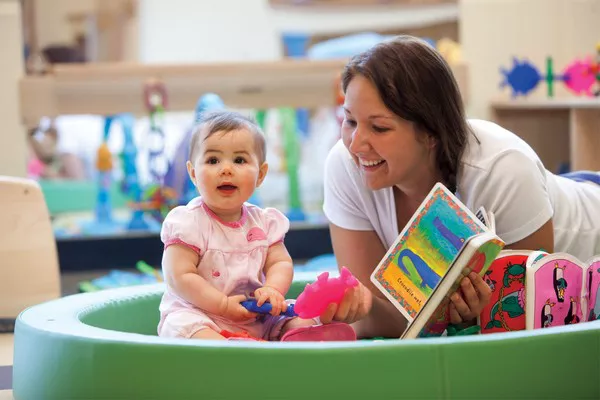hen your precious newborn experiences a stuffy nose, it can be distressing for both you and your baby. Newborns breathe primarily through their noses, and a congested nasal passage can make feeding and sleeping difficult. In this comprehensive guide, we’ll explore the best remedies and tips for dealing with a newborn’s stuffy nose. Whether you’re a new parent or an experienced one, these insights will help you provide relief for your little one.
Saline Nasal Drops: Gentle Relief for Congestion
Newborns have delicate nasal passages, and using saline nasal drops is a safe and effective way to relieve congestion. Saline drops are a mixture of salt and water that help thin mucus and make it easier for your baby to breathe. Here’s how to use them:
Purchase a Pediatrician-Approved Saline Solution: Ensure that the saline solution you use is specifically designed for infants and approved by pediatricians. This guarantees its safety for your baby.
Lay Your Baby on Their Back: Place your baby on their back and tilt their head slightly backward. This position allows the saline drops to flow easily into the nasal passages.
Apply One to Two Drops: Gently squeeze one or two drops of saline solution into each nostril. Wait for a few seconds to allow the drops to work.
Use a Bulb Syringe: After applying the saline drops, use a bulb syringe to gently suction out the loosened mucus. Be gentle to avoid irritating your baby’s nose.
Repeat as Needed: You can repeat this process as often as necessary to keep your baby’s nasal passages clear.
Humidifiers: Maintaining Optimal Indoor Air Quality
Maintaining the right humidity level in your baby’s room can make a significant difference in alleviating nasal congestion. Here’s how to use a humidifier effectively:
Choose a Cool Mist Humidifier: Opt for a cool mist humidifier, as it’s safer than warm mist models around curious little hands.
Keep the Humidity Between 30-50%: Maintain humidity levels between 30% and 50%. Too much moisture can lead to mold growth, while too little won’t effectively relieve congestion.
Clean Regularly: Clean the humidifier according to the manufacturer’s instructions to prevent mold and bacteria buildup.
Position the Humidifier Carefully: Place the humidifier in the room where your baby sleeps, but ensure it’s out of reach to avoid any accidents.
Elevating the Head: A Simple Sleep Solution
Elevating your baby’s head during sleep can help ease nasal congestion. Here’s how to do it safely:
Use a Wedge Pillow: Place a small wedge pillow under the head of your baby’s mattress to create a slight incline. This can promote better drainage of nasal secretions.
Ensure Secure Positioning: Ensure that the pillow is securely positioned and won’t shift during your baby’s sleep.
Monitor Comfort: Keep an eye on your baby to make sure they are comfortable and not sliding down the wedge.
Steamy Bathroom: Natural Nasal Decongestant
Creating a steamy environment in your bathroom can serve as a natural decongestant for your baby. Here’s how to do it:
Run a Hot Shower: Run a hot shower in your bathroom and close the door. Let the room fill with steam.
Sit with Your Baby: Bring your baby into the steamy bathroom for about 10-15 minutes. Hold them and comfort them during this time.
Use a Nasal Aspirator: After the steam session, use a nasal aspirator to gently remove any loosened mucus.
Breast Milk: Nature’s Best Remedy
Breast milk contains antibodies and nutrients that can help your baby fight off infections and ease congestion. Here’s how to use it:
Express a Few Drops: Express a few drops of breast milk and apply them to your baby’s nostrils with a clean dropper.
Allow Time to Work: Wait for a minute or two, then use a bulb syringe to suction out the mucus.
Conclusion:
A newborn’s stuffy nose can be distressing, but with the right remedies and tips, you can provide much-needed relief for your baby. Remember to use saline nasal drops, maintain optimal humidity levels with a humidifier, elevate your baby’s head during sleep, create a steamy bathroom environment, and consider the natural benefits of breast milk. Always consult with your pediatrician if your baby’s congestion persists or worsens. By following these recommendations, you can help your newborn breathe easier and ensure a more comfortable journey through those early days of life.


